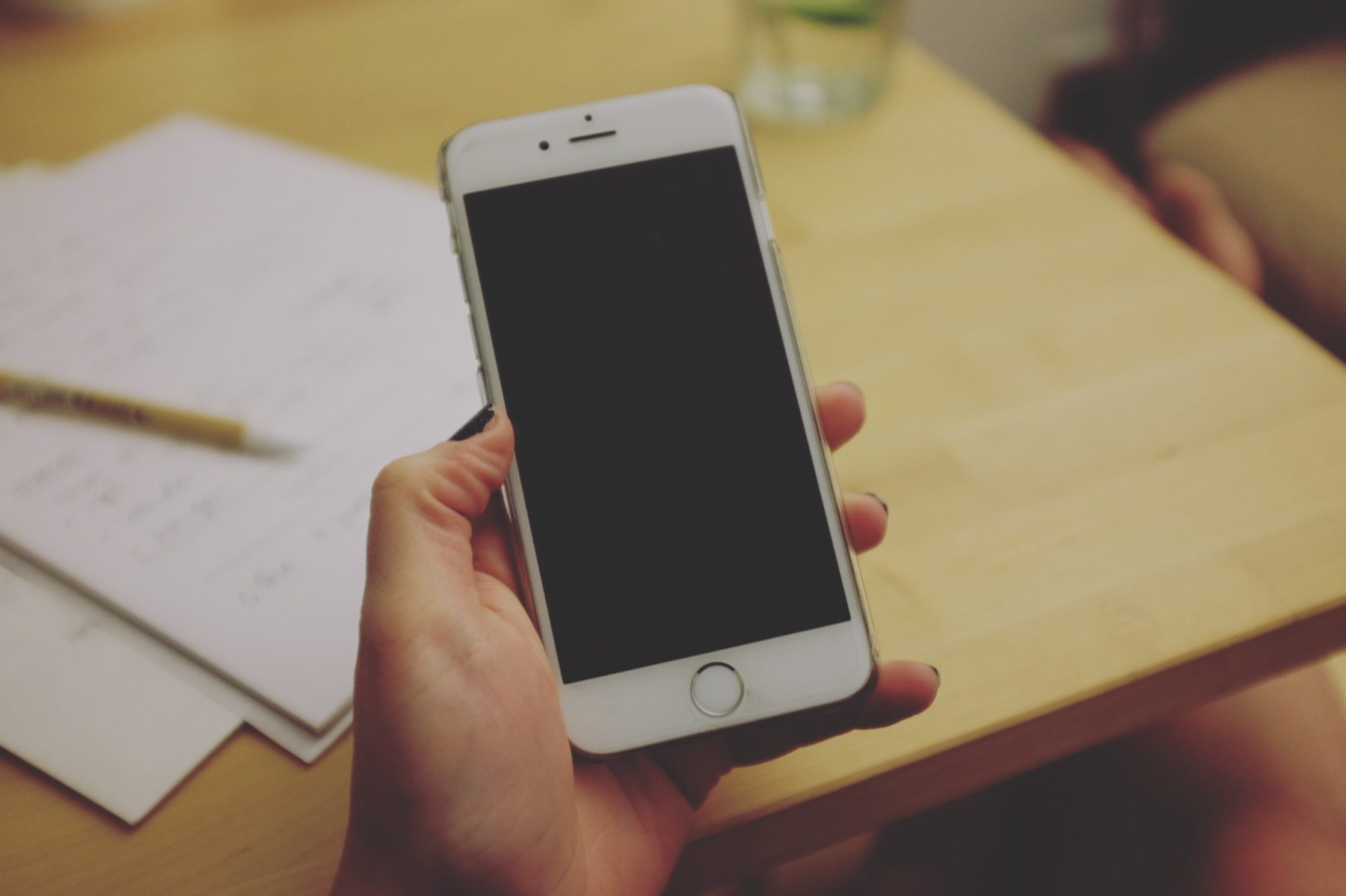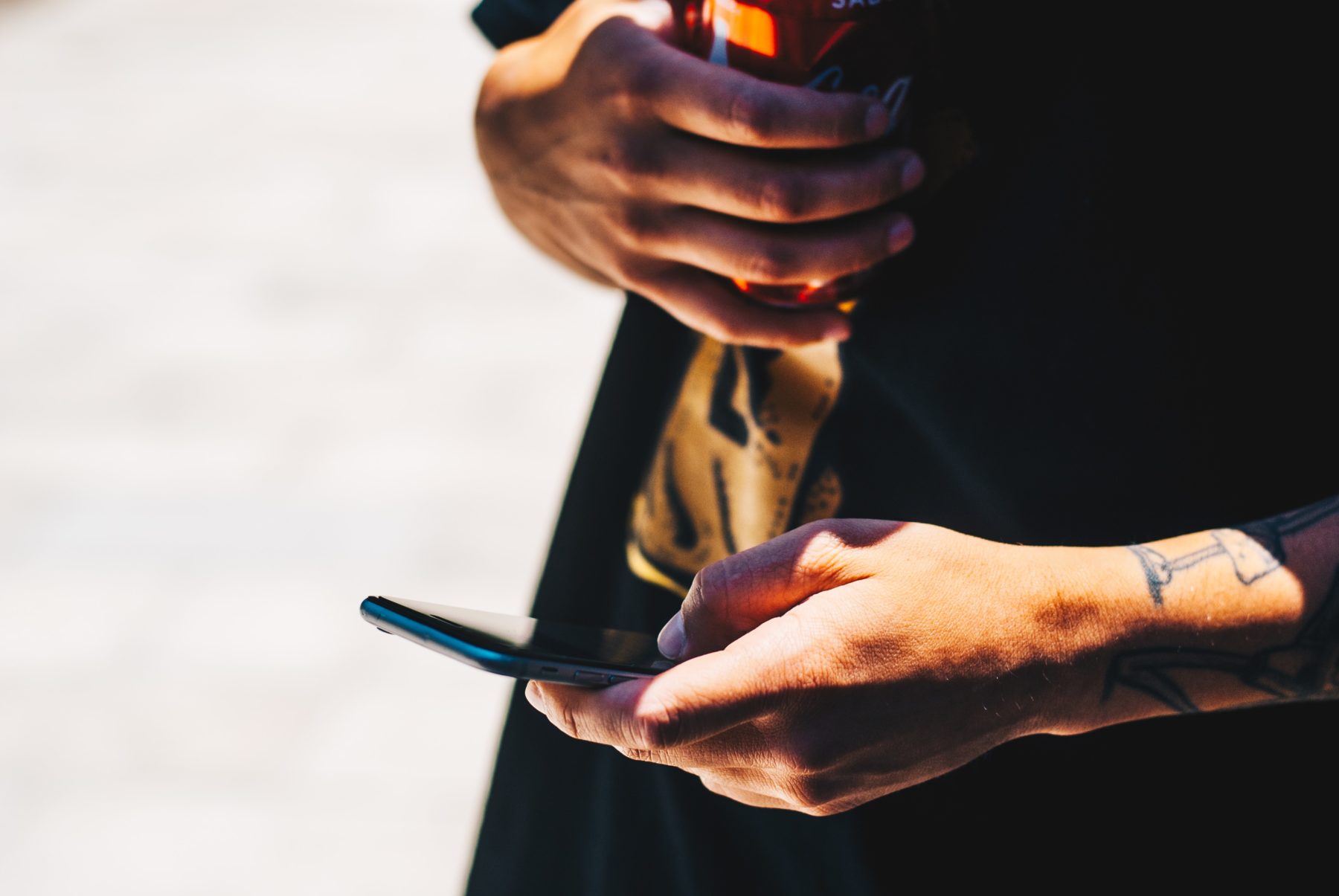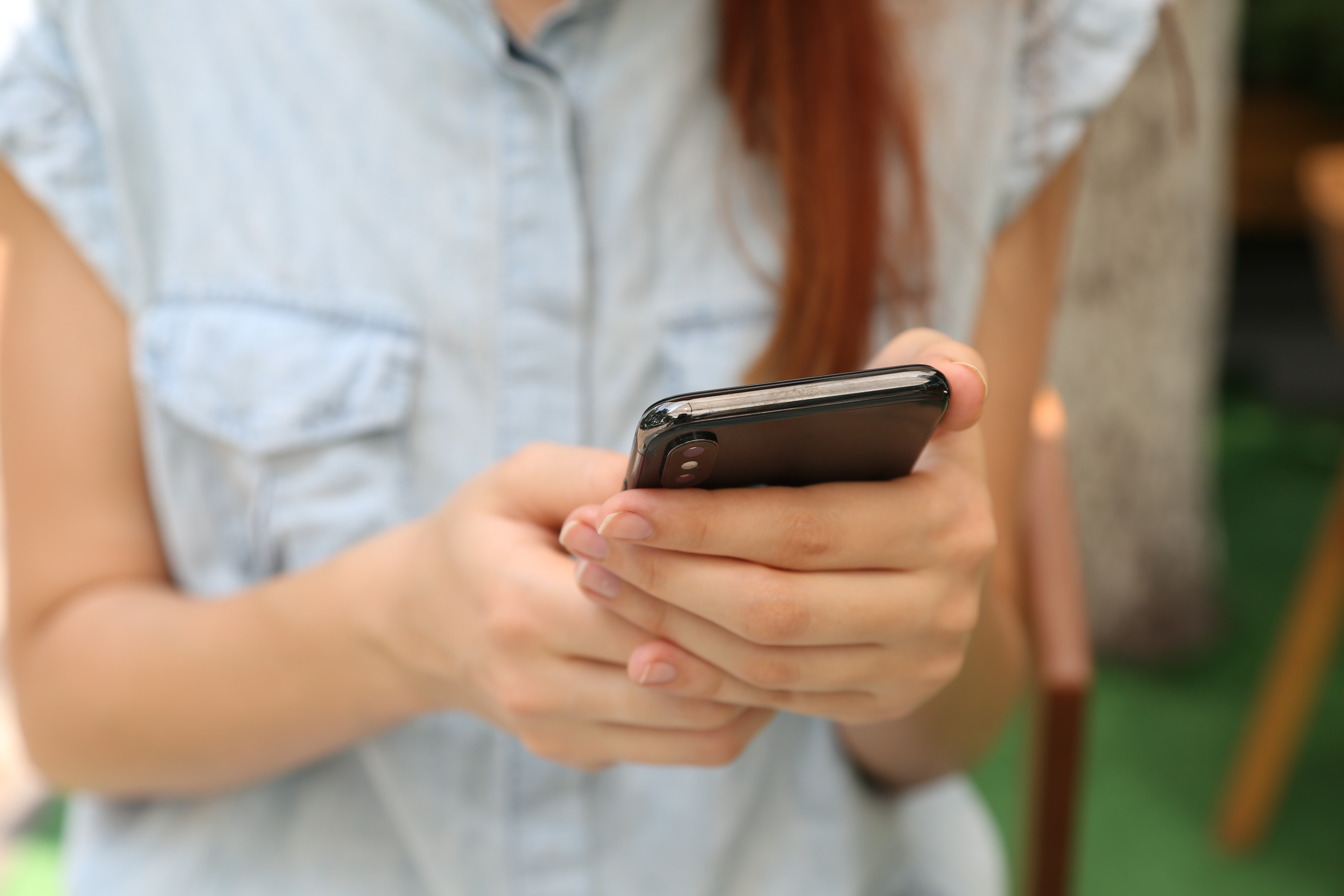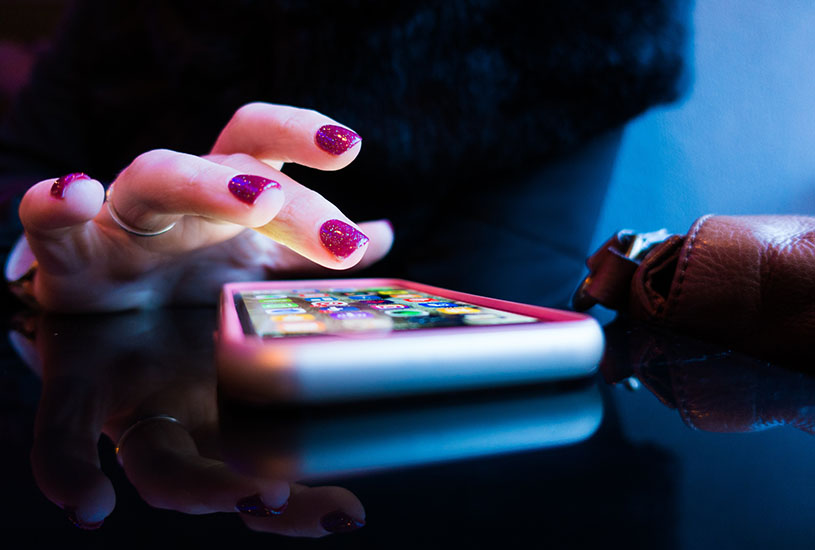Targeted apps can be a great help with managing mental health, but users need to be discriminating.
For most of us, using a smartphone has become a normal part of modern life.
Smartphones give us access to information, entertainment and services at our fingertips through the Internet and applications.
There is a smartphone application, or “app”, for most tasks you can think of, with over five million applications available today for instant downloading onto your device.

There are also many apps available to help manage health, providing information and access to services or the ability to track health indicators such as physical activity or diet, and even mental health.
In fact, there are thousands of apps for mental health available today.
A quick search of the Apple App Store for depression alone retrieves hundreds of results.
These apps are usually aimed at a general audience and cover a range of functions from diagnostic tests through to treatment.
When looking for a way to alleviate or manage symptoms, they may seem like a good solution as they are always accessible, even when clinical services may not be.
The problem is, however, that less than one per cent of the apps available today have been professionally evaluated.
So, it’s important to be cautious when looking for a solution to a mental health issue in an app.
Many researchers and policy makers are hopeful that smartphones will play a key role in mental health treatment in the future.

They are seen as a way to reach many of the people who currently do not seek treatment through face-to-face channels. Consequently, mental health treatment via smartphone could be a good way to reach young people.
This group use their smartphones the most and are also least likely to seek help from mental health services.
Notably, government bodies, including those in Australia and the UK, are prioritising the use of digital technologies in health care.
Similarly, the World Health Organisation, in its Mental Health Action Plan 2013–2020, recommends the promotion of self-help through digital and mobile technology.
There has been some research into using apps for the treatment and prevention of mental health issues over the past ten years.
This research has shown that smartphone apps can be effective in the treatment of common mental health disorders, such as depression and anxiety.

A recent review of randomised controlled trials using smartphone apps for depression found that depressive symptoms were reduced significantly more from smartphone apps than control conditions.
A similar review of trials using smartphone apps for anxiety also showed that anxiety symptoms were reduced significantly more from smartphone apps than control conditions.
These very promising results suggest that smartphone apps will play a key role in the future.
Importantly, the apps used in these trials have been evaluated by mental health experts, unlike many other currently-available apps that have been developed by different groups and may or may not have undergone assessment and evaluation of their effectiveness.
A report published in 2017 by researchers at the University of Sydney warned people to exercise caution when searching for apps for mental health.

The report contains useful recommendations for consumers, policy makers and app developers.
One key point of advice for consumers is to download apps that have been developed by trusted organisations. That will ensure that the app is evidence-based and has been tested.
The best way to find apps from trusted organisations is to visit the organisation’s website directly, instead of browsing the popular app stores.
There are also websites that have listings of apps that have been reviewed and rated by health professionals.
These include: Beacon, managed by the Australian National University, and the Anxiety and Depression Association of America’s list of ADAA Reviewed Mental Health Apps.
Some of the apps listed on these sites are suitable for self-help and others are designed to be used alongside therapy.
Understanding why you want to use an app will help in selecting the best app for you.

For example, do you wish to improve your understanding of your symptoms or do you need help with symptom management?
The Researchers at the Food & Mood Centre at Deakin University have developed the “My Food and Mood” App, which allows people to monitor their diet quality and mood.
The app is currently being used in a clinical trial to further test the relationship between food and mood.
A rapidly increasing evidence base suggests that lifestyle approaches, specifically dietary modification, have great potential for the prevention and treatment of mental and brain disorders.
In particular, new evidence from clinical trials shows clinically-important improvements in depressive symptoms with dietary support.
The original version of this article was first published on the Food and Mood Centre blog.
Make a difference this Mental Health Day by supporting the Centre’s ground-breaking research into how gut microbiota impacts our mental health.



